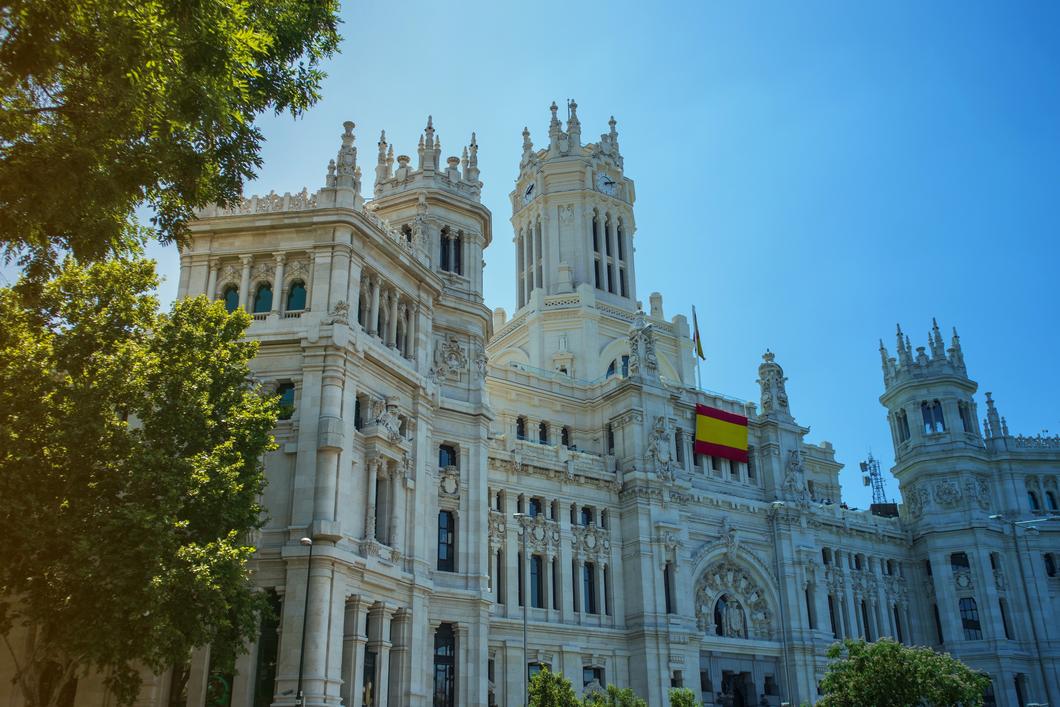Wealth tax revival in LATAM countries to cope with Covid-19 economic downturn - Part 3 Spain

Spain - Despite of being a phase-out model, wealth tax is now experiencing a revival in LATAM countries to tackle on foreign assets on one hand and to abate high government spending when fighting against the economic consequences of Covid-19 on the other hand. Should you wish to further discuss these topics and learn how to plan ahead, please do not hesitate to ask for a meeting with our KENDRIS LATAM experts.
Spain - Despite of being a phase-out model, wealth tax is now experiencing a revival in LATAM countries to tackle on foreign assets on one hand and to abate high government spending when fighting against the economic consequences of Covid-19 on the other hand. Should you wish to further discuss these topics and learn how to plan ahead, please do not hesitate to ask for a meeting with our KENDRIS LATAM experts.
Spain of course has been hit very hard by Covid-19 as well. In this context, recently some votes have come forward and asked for a creation of a wealth tax on “high fortunes”.
Spain is one of the few EU countries where wealth is still taxed on a yearly basis (re-introduction in 2011 by the Real Decreto Ley 13/2011, de 16 de Septiembre). To date, each resident or non-resident (i.e. foreigner with real estate in Spain) individual has a personal tax-free allowance of EUR 700’000.
Moreover, Spanish residents can get an additional allowance of up to EUR 300’000 against the value of their main home. Therefore, a married couple resident in Spain owning property in joint names could potentially have a total tax-free allowance of EUR 2 Million for wealth tax purposes. That said, wealth tax is an individual tax in Spain so they have to submit separate wealth tax returns. The progressive wealth tax rates start at 0.2% on the surplus exceeding the tax-free allowances and go to 2.5% for assets exceeding the allowances for more than EUR 10 Millions. The Autonomous Regions can and do adjust these rates. The Balearic Islands increased the top tax rate to 3,45%. Madrid is to date the only one that provides for a 100% tax-free relief. Its residents do not have to pay any wealth tax, regardless of their total net worth.
Unidas Podemos (UP), a quite new lefty political party in Spain has recently launched the discussion to introduce a wealth tax with a free-allowance of EUR 400’000 and a 2% tax-rate on assets more than EUR 1 Million, 2.5% tax-rate on assets more than EUR 10 Millions, 3% tax-rate on assets more than EUR 50 Millions and 3.5% tax-rate on assets more than EUR 100 Millions. It is their intention to create that tax-burden with the 1000 wealthiest families of Spain, however not specifying if it applies to financial assets only or to corporate assets as well.
Surveys have always shown that wealth tax rightly is a phase-out model. It has in the past proven to be highly inefficient for several reasons, being the exodus of capital one of them. Tackling the wealthiest, at the same time the most mobile part of society with these measures, will motivate them to leave the country soon. With them, working capital, venture capital and capital that at the end does produce employment in these countries, will leave as well.
P.S. have you already seen our KENDRIS LATAM Image Film ?

